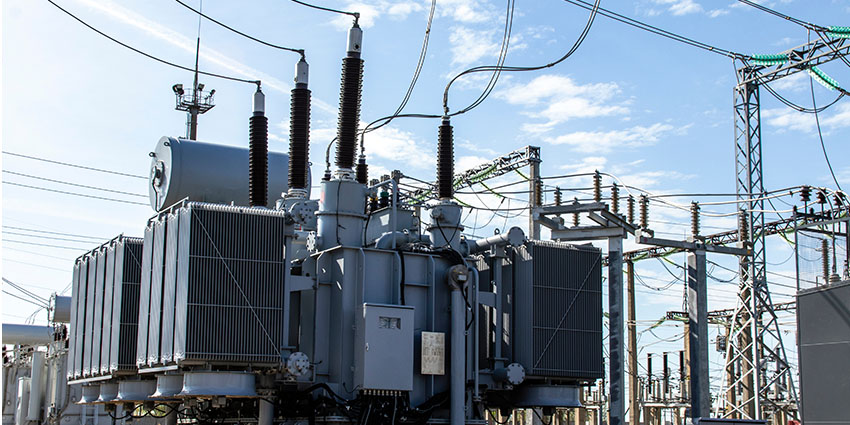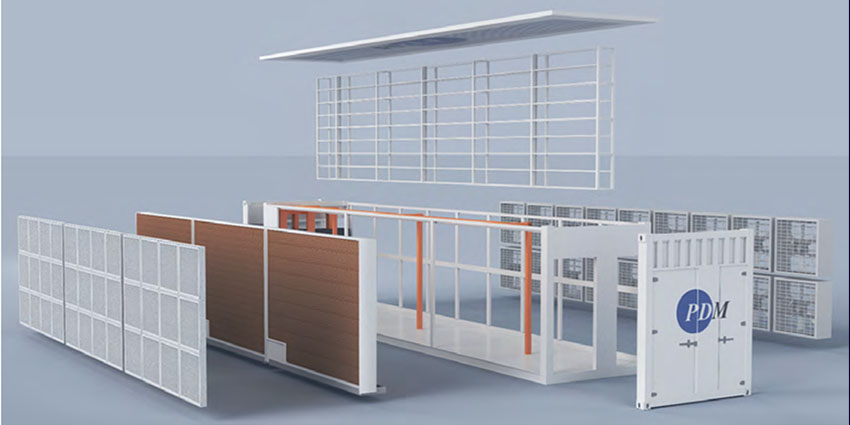What Actually Is the Edge?


What Actually Is the Edge?
The concept of a modular data center solution has often been ambiguous. However, through the evolution of modular solutions and vendor marketing, clearer definitions and categorizations have emerged over time.
Data centers of the future are moving away from traditional design principles, with modular products and providers leading the way into a new era. A modular data center integrates factory-built modules or delivers data center infrastructure in a modular fashion.
Modular solutions combine the best practices in design, reliability, and efficiency into prefabricated, repeatable, and operationally optimized modules.
The modular market began with the use of ISO (International Standards Organization) shipping containers and has since evolved into a diverse market. Vendors now produce a range of modular designs and solutions for IT, power, and cooling—from containers to various modular products.
In many ways, the shift towards cloud computing parallels the adoption of modular data center approaches.

As of April 2024, the average lead time for electrical transformers has increased to 130 weeks, up from 115 weeks in 2021. Specifically, lead times for large transformers, such as generator step-up (GSU) and substation power transformers, can vary significantly, ranging from 80 to 210 weeks.

There is often confusion between the terms “data center containers” and “modular data centers.” While both involve modular approaches, data center containers typically refer to ISO-standard shipping containers used to house data center infrastructure, whereas modular data centers encompass a broader range of prefabricated, scalable solutions that may include various types of modules and configurations..